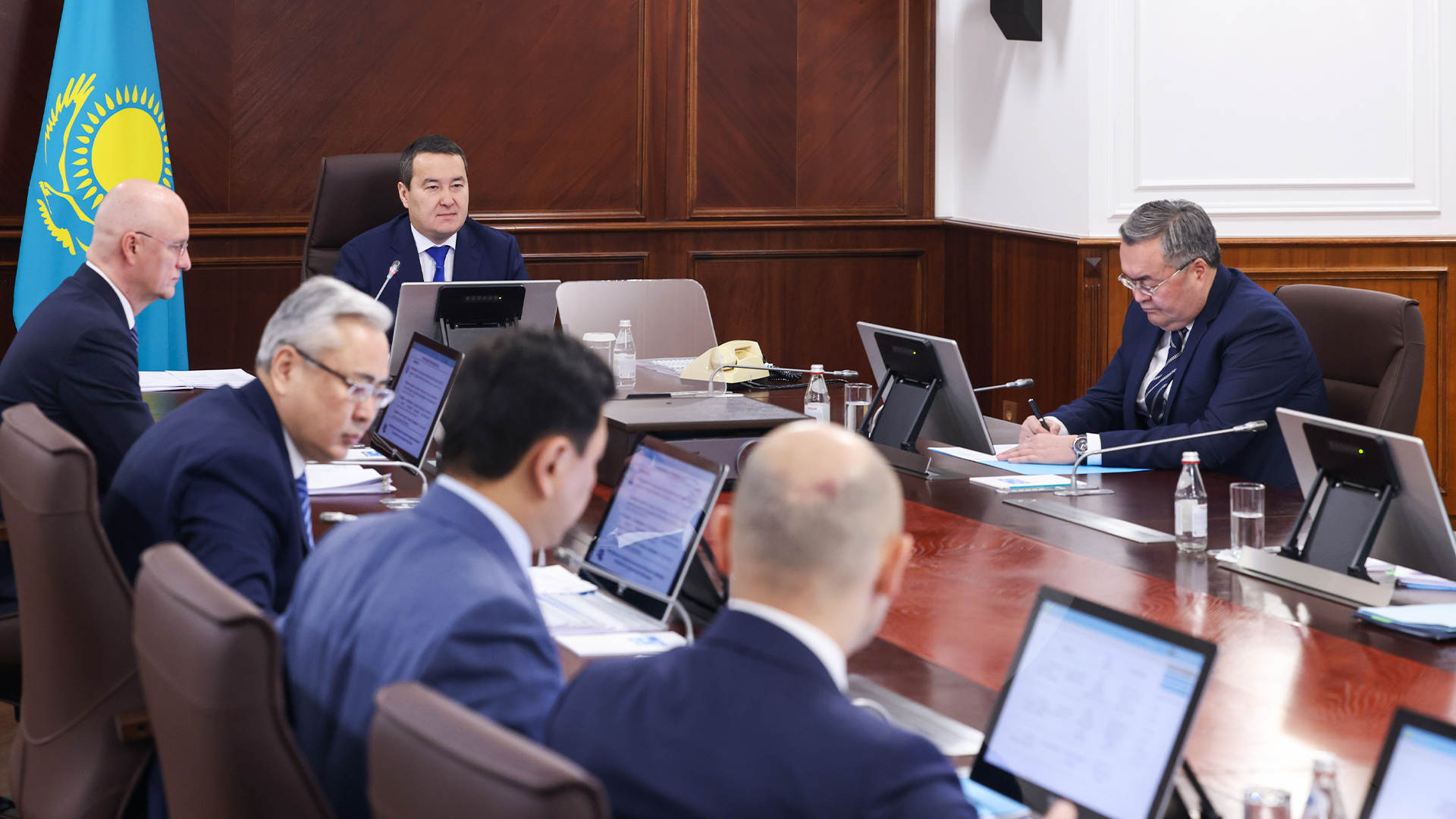07 March 2023, 11:41
 The progress of digitalization of the learning process in secondary education was considered at the Government session chaired by Prime Minister Alikhan Smailov.
The progress of digitalization of the learning process in secondary education was considered at the Government session chaired by Prime Minister Alikhan Smailov.
Minister of Education Gani Beisembayev noted that the implementation of the pre-election program of the Head of State provides for the introduction of innovative ways of teaching and conversion of educational materials into digital format. In this regard, in the coming years it is planned to conduct appropriate training of teachers, expand the use of digital textbooks and special educational platforms, and continue equipping schools with technology and high-speed Internet.
To date, 7 thousand schools in the republic have implemented educational platforms (Kundelik, Bilimal, EDUS, etc.) for electronic journals and diaries, assessment, transmission of homework, forming plans and distance learning. There are also additional services: school mobile applications, analytical dashboards, canteen menus, etc.
In addition, the minister added that 79% of textbooks are now transferred to digital format and have passed state expertise. 100% coverage of subjects by digital textbooks is planned for 2024.
Along with that, digital educational resources (DER) with multimedia content are actively used in schools as additional educational materials. For today more than 50,000 resources have been created with which almost 100% of subjects at all levels of education are covered. Since the beginning of the current year 6.7 thousand schools have been connected to DER; three million students and teachers access them daily.
In his speech, Prime Minister stressed the importance of providing students with electronic textbooks.
"They should contain animation, multimedia components and tasks. These textbooks should be available on any computer or mobile gadget," Alikhan Smailov said.
In general, according to him, the educational process should be built with the use of interactive, modern educational technologies.
At the same time, the Prime Minister added that in order to reduce the gap in the quality of knowledge of students in cities and villages, we must first provide rural schools with interactive and computer equipment.
"This will allow introduction of innovative methods of teaching even in small remote schools," he pointed out.
In conclusion, the Head of Government noted the need to adopt a road map for the digitalization of the educational process, which should include measures to translate educational materials into digital format, providing schools with interactive equipment and the introduction of modern educational technologies, until March 15.
"The Ministry of Digital Development and regional akimats need to take measures to increase the speed of the Internet in schools, providing them with fiber optic, local and wireless networks," Alikhan Smailov concluded.
Stay updated about the events of the Prime Minister and the Government of Kazakhstan - subscribe to the official Telegram channel
Subscribe